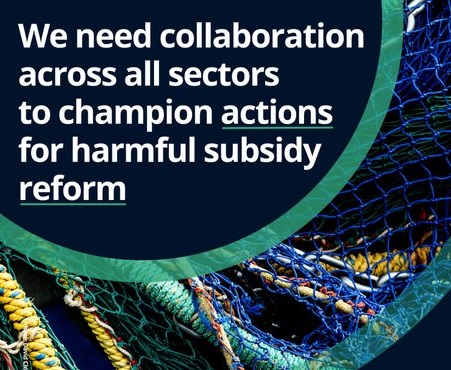The world has a new plan to save nature. Here’s how it works — and how it could fail.
...Much of the air at COP15 was sucked up by discussions on closing that financial gap. They centered around three tense issues:
1) How much money will the world commit, in total, to biodiversity conservation each year?
2) How much of that money will wealthy nations give to developing countries?
3) Who will manage and distribute the money?



